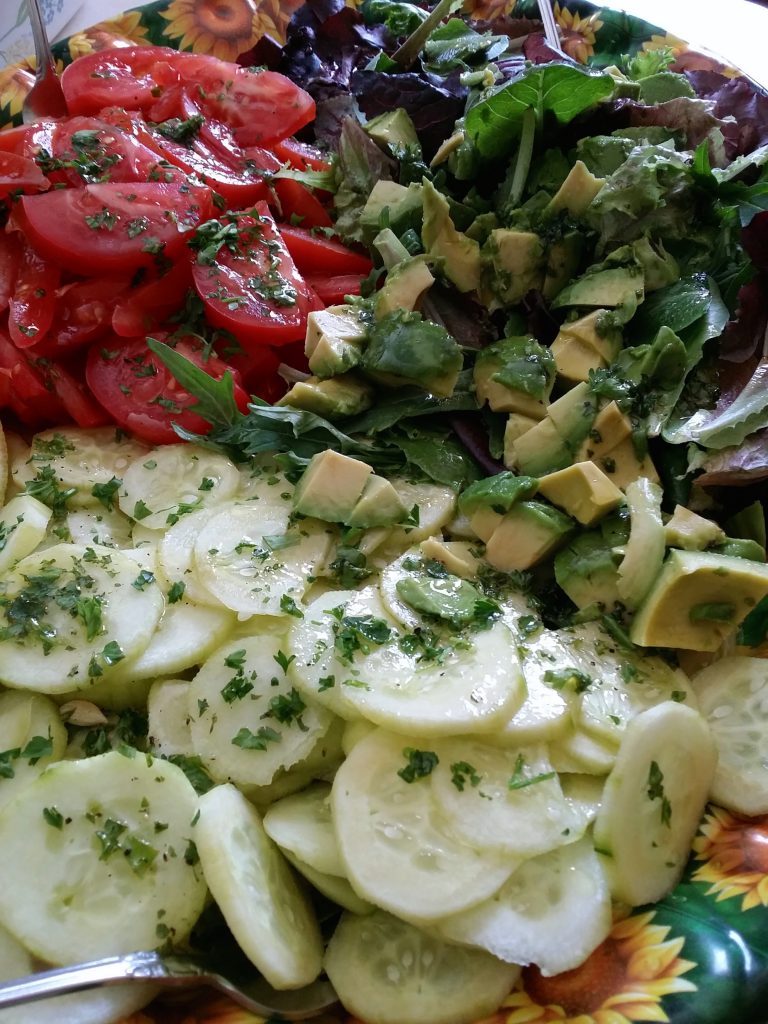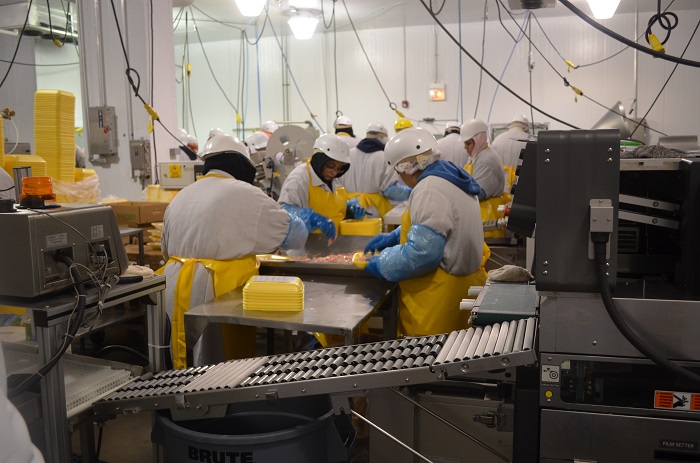7 Tips to Prevent Food Waste This Ramadan

holidaysThere are so many benefits to fasting in Ramadan, much of which becomes a benefit to the individual, such as gaining a deep empathy for those with less than ourselves. The first thing that comes to mind is food- and to waste it is shameful across all cultures and religions. Let’s be the best we can be and live a more mindful life by paying attention, being conscious of not only what we’re putting into our bodies in Ramadan, but also what we don’t need in the first place. Let’s commit to minimizing waste, recycling food and food scraps and learning to live more with less.

Here are my 7 tips for that:
1. Thoroughly clean out your kitchen pantry and fridge. Cleaning and organizing feels good any time of year, but I personally really don’t like to start Ramadan feeling frazzled and disorganized. It’s harder to concentrate on prayers and with low energy throughout the day, nothing too monumental is going to get cleaned out and organized when I’m fasting. So, do it now.
2. Take stock of what you’ve already got that can (and should) be used in Ramadan. After cleaning everything out, this is much easier. Gather all like things together and really take stock of what you have. You might discover that you have 5 different types of salt and three boxes of dried parsley you didn’t know you had and put those on your grocery list. Okay, that’s just me many times- and speaking from experience, it works–and saves $$$–to not skip this step. You’re welcome.
3. Plan a menu. I can’t stress this part enough. It’s something that needs to be done every Ramadan, preferably before it begins, but as soon as you can. Look at old menus you’ve made, if you have them, and see what was quick and easy, made you feel good and made your family happy. That’s all that matters at the end of the day when you’re hungry, anyway.
4. Don’t shop when you’re hungry (i.e. fasting) Try to do all of the shopping now. Like right now. You can shop online for meats, toiletries (you still need those non-edibles throughout the month, too), and plan ahead for morning trips to the store when your Suhoor is well-established in your stomach and you’re not buying everything in sight out of ‘necessity’.
5. Factor in the parties/gatherings you’ll attend. If you’re a social butterfly who ends up attending many Iftar gatherings, then perhaps you just simply don’t need to buy a lot of food throughout the month. But, you should still get the hostess gifts ahead of time.
6. Incorporate leftovers at every meal. Whether someone gave them to you or you had extra food from last night’s Iftar, incorporate as much as you can into the next meal- Suhoor or Iftar, especially if you’re not a cereal-only person a like me at Suhoor time. It just makes life easier, and that’s a very good thing to experience after an incredibly long day of fasting and all the other parts of life that remain during Ramadan.
7. Compost all the food scraps you can. This may not be feasible for everyone who doesn’t have a compost bin, but maybe you know someone who gardens and who does have one. Ask around- just ask 5 people, you never know! Some people have small bins, some people even have chickens who can use vegetable scraps- I’m sure they’ll be more than happy to take anything good and ‘green’. What a great way to give back to the Earth what Allah swt gave to us from it.
What other steps would you add to this list? Help us out by adding in the comments section below.








Try to calculate how much fiod you will actually eat. Try to cook in small quantities, and if the food is nice, cook it again tomorrow. It’s just me and my husband, so not a big family. But if you have family over, think how much they would normally eat and don’t make triple the amount.